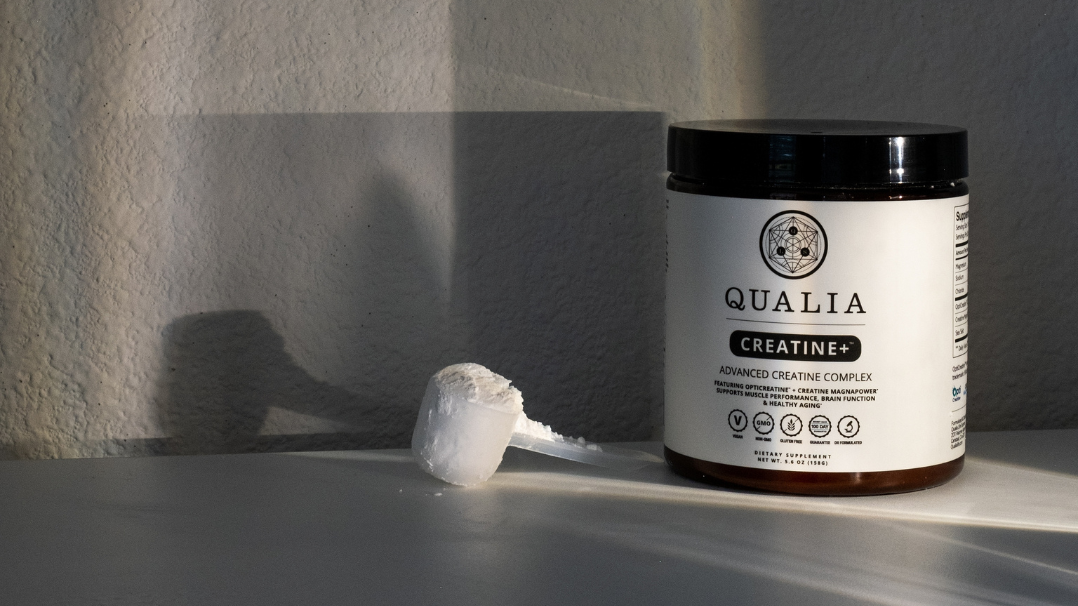The Multifaceted Nature of Attention in the Digital Age
In today's fast-paced digital world, the ability to focus and manage our attention is more critical than ever. In a recent podcast with Dr. Gloria Mark, a preeminent researcher in the field of information technology and its impacts, provided us with a deep dive into the nuances of attention, stress, and productivity. Through her extensive research and recent book, "Attention Span," she sheds light on the complex relationship between our digital habits and well-being. What follows is a summary of the discussion.
Key Takeaways:
- The Complexity of Attention: Attention is not merely about focus; it involves different types, including rigorous focus on demanding tasks and rote attention for low-effort activities, each affecting our mood and stress levels differently.
- Attention and Stress Management: Approaches to managing our attention span can significantly influence our stress levels; optimizing our external and internal interruptions and embracing breaks can enhance cognitive performance.
- Striving for Well-being Over Productivity: Reversing the common emphasis on productivity to prioritize well-being first can lead to better outcomes in terms of focus, creativity, and engagement.
Attention is often oversimplified as a faculty that can be wielded at will to focus intently on the task at hand. However, Dr. Mark underscores its intricacy, emphasizing the varying levels of mental effort involved. "Attention is very complex," she states, acknowledging activities such as watching videos or playing simple games as instances of rote attention that engage us without much cognitive strain. These lighter activities play a crucial role in replenishing our "tank of cognitive resources," which is vital for high-effort tasks.
The Link Between Attention Management and Stress
One might assume that improved focus correlates with reduced stress; however, Dr. Mark’s research paints a more nuanced picture. Through her studies measuring physiological responses like heart rate variability (HRV), she established a direct connection between attention shifts, particularly involving email usage, and increased stress: "We find that people check email, on average, 77 times a day... and it's just uncanny, because you see people going on email and you see their stress going up."
Dr. Mark's research into attentional residue, which refers to lingering thoughts from previous tasks, and attentional restoration from activities like nature walks, provides insight into managing our attention for better stress outcomes. By recognizing the limits of multitasking and the need for strategic interruptions, we can preserve our cognitive resources and mitigate stress: "We need a certain amount of stress to pay attention. But when it goes over a certain threshold, then our performance drops."
Flipping the Script: Putting Well-being Above Productivity
In a profound shift of focus, Dr. Mark advocates for placing well-being at the forefront, rather than productivity. She refers to 'yohaku no bi', a Japanese concept meaning "empty space", to emphasize the importance of restorative pauses within our schedules: "Let's design empty space into our day, not just finding an opportune moment to grab it, but let's intentionally design time during our day when we can have this reflective period."
Gloria calls for increased self-awareness as a potent reminder of the agency we hold over our attention. By being mindful of our urges and reframing our priorities, we can nurture our cognitive reserves and foster well-being.also fundamentally supports our mental and emotional well-being.
Ready to learn more? Listen to the podcast: Neuroscience - Dr. Gloria Mark - Attention Span.
Related Links
Attention Span
https://gloriamark.com/
https://gloriamark.substack.com







No Comments Yet
Sign in or Register to Comment